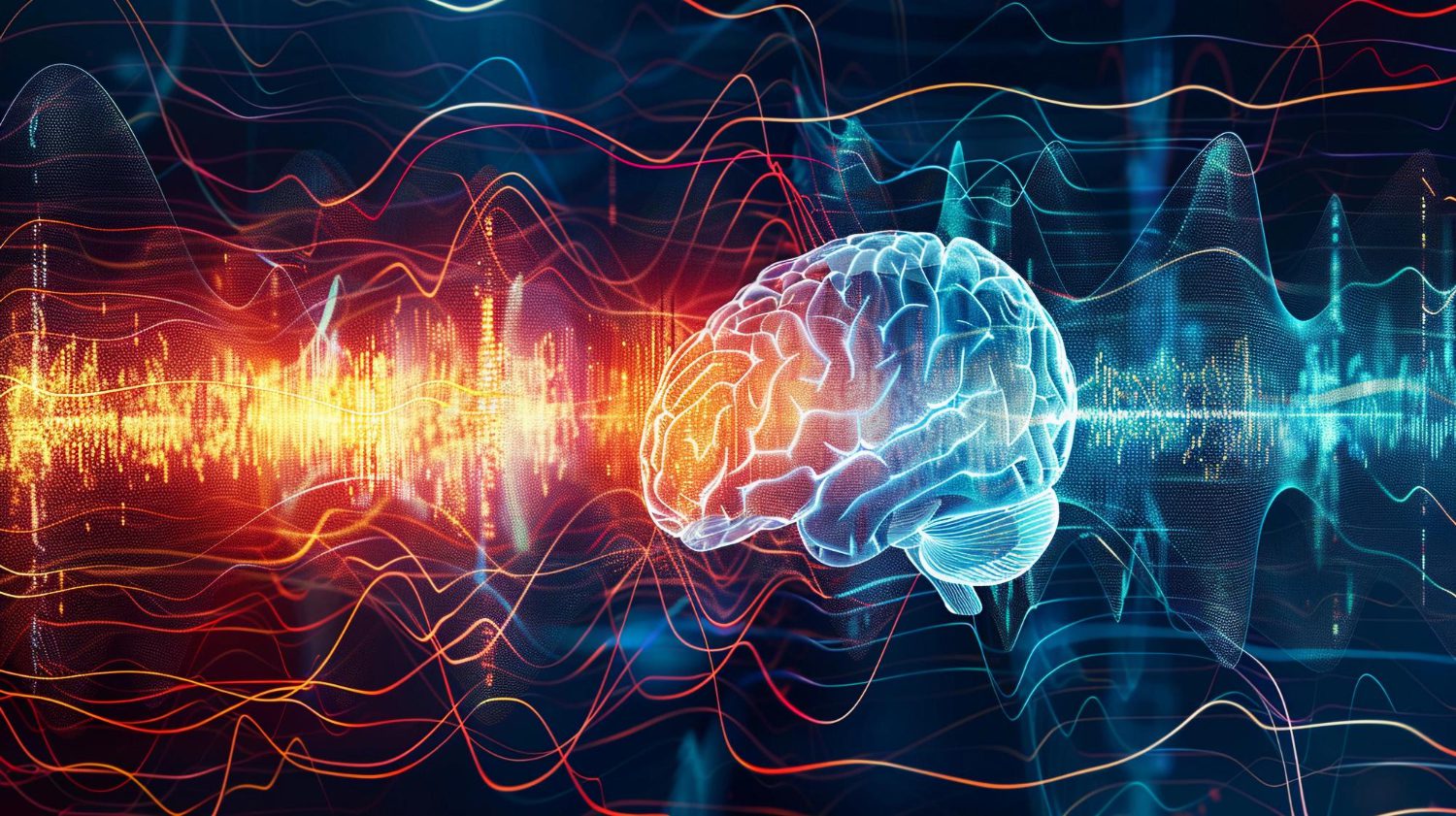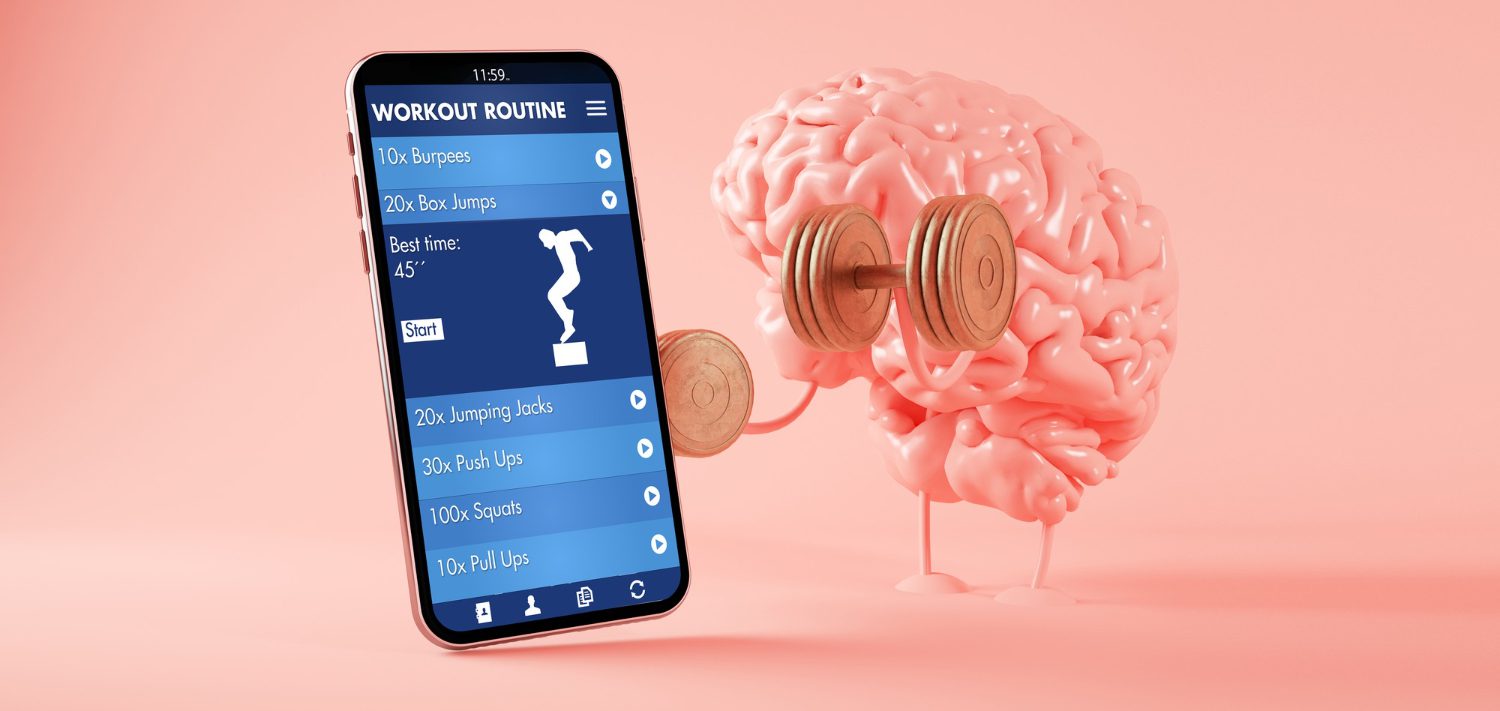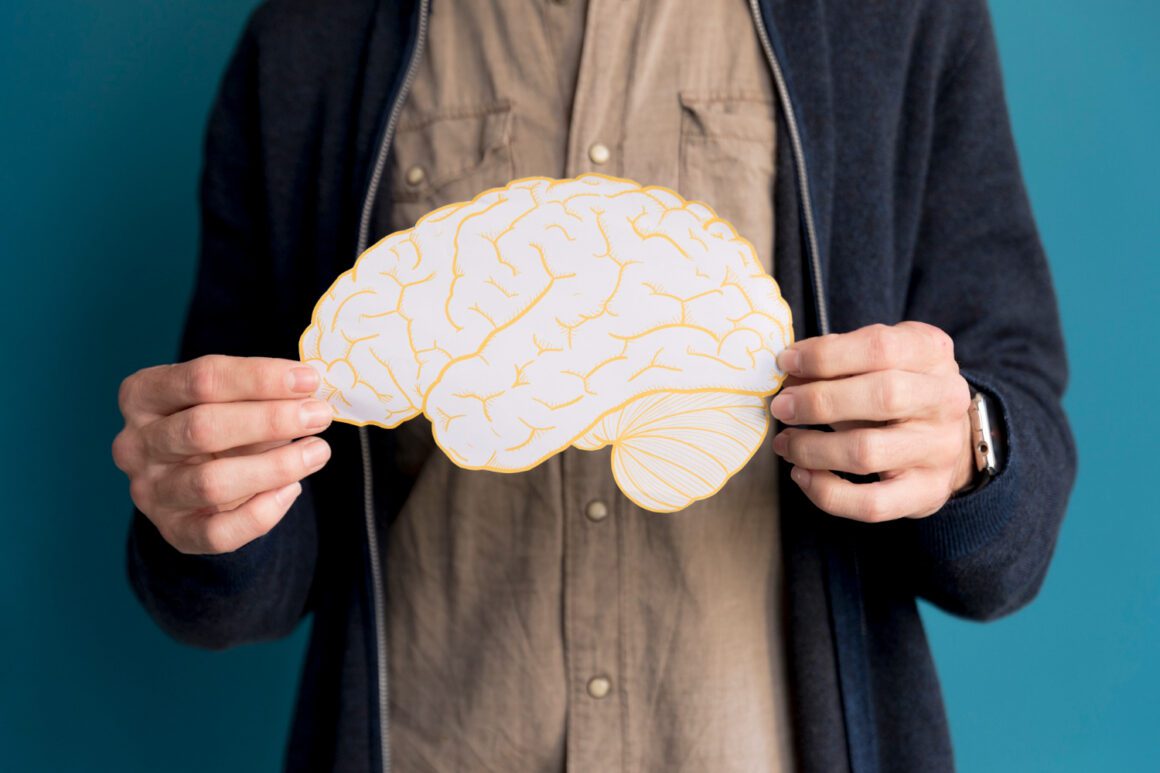Table of Contents Show
✍️ AI is summarizing:
Recent research has revealed that our brains are not static entities; they change based on our daily activities and lifestyle choices. Understanding how daily activities affect the brain can provide valuable insights into optimizing cognitive function and mental well-being.
A comprehensive study led by leading researcher, Anna T. P. Nguyen, monitored the brain activity, physical activity, mood, and lifestyle of a single participant over five months, yielding fascinating insights into the brain’s adaptability.
Related post:
- The Power of Salad Greens for Brain Health and Aging
- Brain Benefits of Exercise: A Powerful Connection
- The Secret to a Sharp Mind: Mental Fitness for Seniors Revealed
How daily activities affect the brain: A research-backed approach

The goal of the study was to understand how daily activities affect the brain and influence brain function over time. Anna, who also served as the subject of the study, emphasized the importance of observing how the brain responds to daily experiences rather than just isolated events. This long-term perspective allowed researchers to uncover the brain’s evolving connectivity based on various lifestyle factors.
Key findings on how daily activities shape brain function

One of the most striking discoveries was that the brain retains a sort of “memory” of daily activities. It evolves according to patterns in sleep, physical activity, mood, and even respiratory rates.
Contrary to the common belief that the effects of a restless night or an intense workout are short-lived, this study indicates that such experiences can have lasting impacts on cognitive functions like attention, memory, and overall brain health. These findings reinforce how daily activities affect the brain beyond just the short term, sometimes extending well into the following week.

The research identified two distinct response patterns in the brain: a short-term wave lasting under seven days and a long-term wave lasting up to fifteen days. These patterns reflect the brain’s ability to adapt quickly to changes while also showing gradual, lasting effects over time, further illustrating how daily activities affect the brain in both immediate and prolonged ways.
The link between heart health and how daily activities affect the brain
The study also explored the fascinating relationship between heart health and brain function. Heart rate variability—an indicator of how well the heart adapts to stress—was found to have a strong connection with brain connectivity, particularly during rest. Engaging in mindfulness practices or spending time in nature can positively influence brain wiring, enhancing both mood and cognitive function.
How daily activities affect the brain and mental health

These findings hold significant implications for mental health and well-being. Understanding that how daily activities affect the brain is not instantaneous but unfolds over days and weeks can help mental health professionals develop more effective therapeutic interventions. This knowledge encourages individuals to adopt healthier lifestyle habits, recognizing that daily choices have lasting effects on brain function.
Moreover, managing stress and maintaining regular physical activity can enhance cognitive flexibility—the ability to think about multiple concepts simultaneously—which is crucial for mental health. Incorporating outdoor activities, such as hiking or gardening, not only promotes physical health but also connects individuals to nature, further enhancing mental well-being. This further reinforces the notion that how daily activities affect the brain extends beyond neurological processes and into emotional resilience.
The future of personalized neuroscience

The study opens exciting avenues for personalized neuroscience, where interventions can be tailored based on an individual’s unique brain response patterns. With the rise of wearable technology and continuous monitoring, it becomes feasible to integrate these insights into everyday life, allowing individuals to track their brain health in real time. This demonstrates how daily activities affect the brain in ways that can be measured and optimized using modern advancements.
Anna and her team hope that future research will merge brain data with everyday life considerations, driving personalization in mental health treatment. They advocate for bringing daily life data into the laboratory to create a more nuanced understanding of brain function and further explore how daily activities affect the brain in diverse populations.
Conclusion
The research highlights the profound impact of how daily activities affect the brain and overall brain health. Choices regarding sleep, exercise, mood, and stress management—including time spent outdoors—can shape cognitive functions in ways previously underestimated.
So, the next time you’re torn between an extra hour of sleep or that early morning jog, remember: how daily activities affect the brain is more significant than you might think. Embracing a lifestyle that includes outdoor activities and nature can be a key ingredient in fostering a healthier brain. Follow our official Facebook page now to receive more interesting information.











